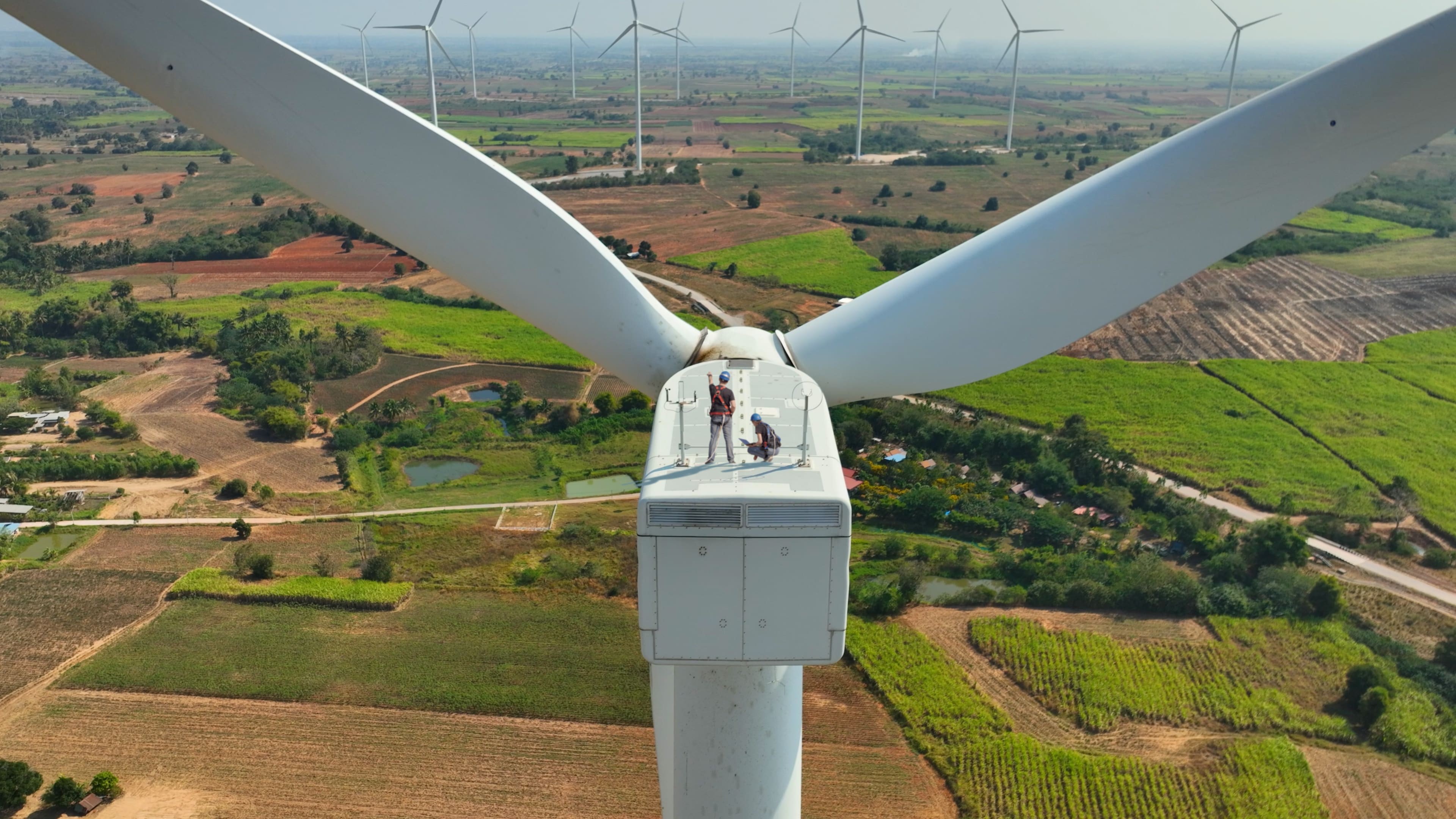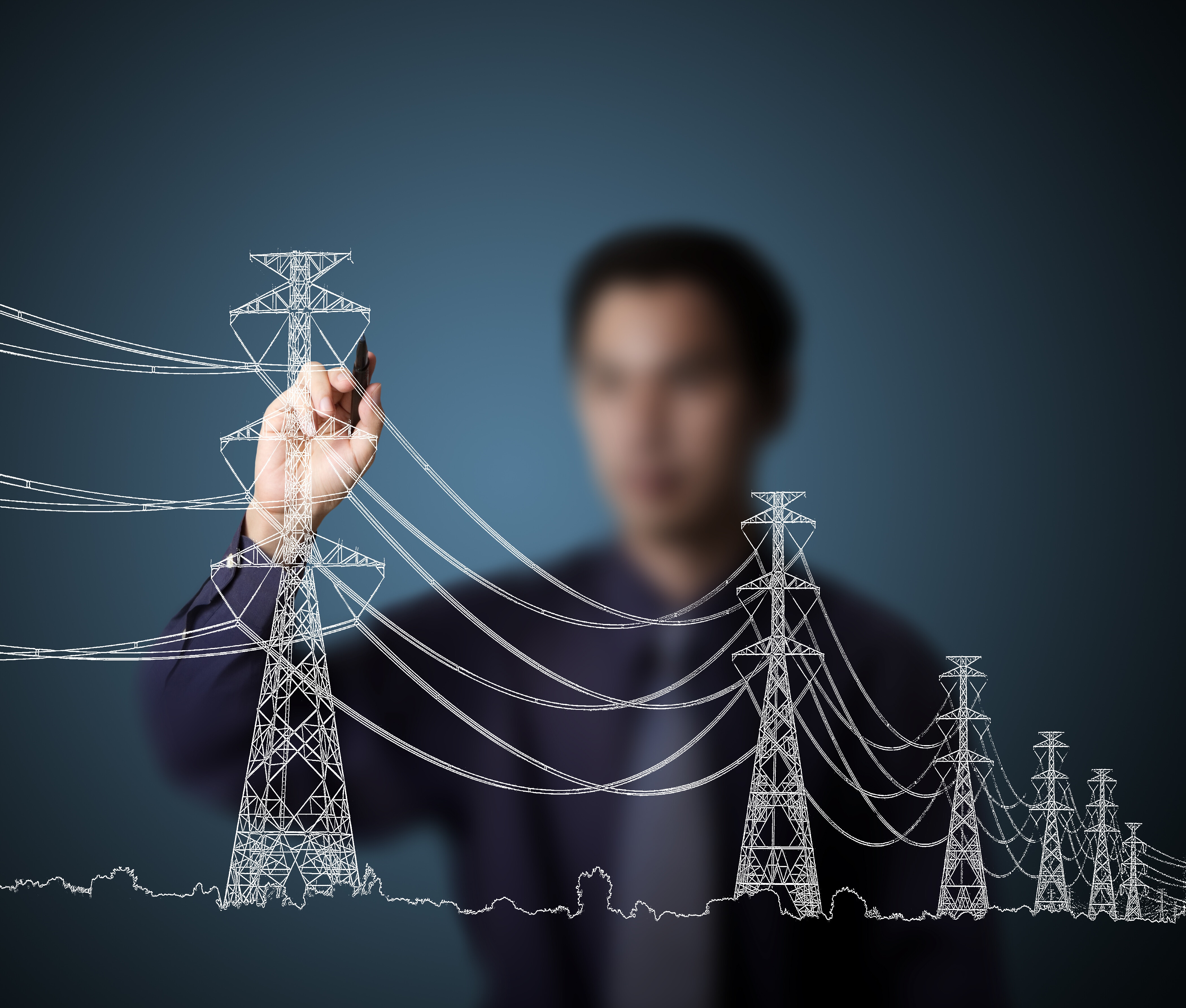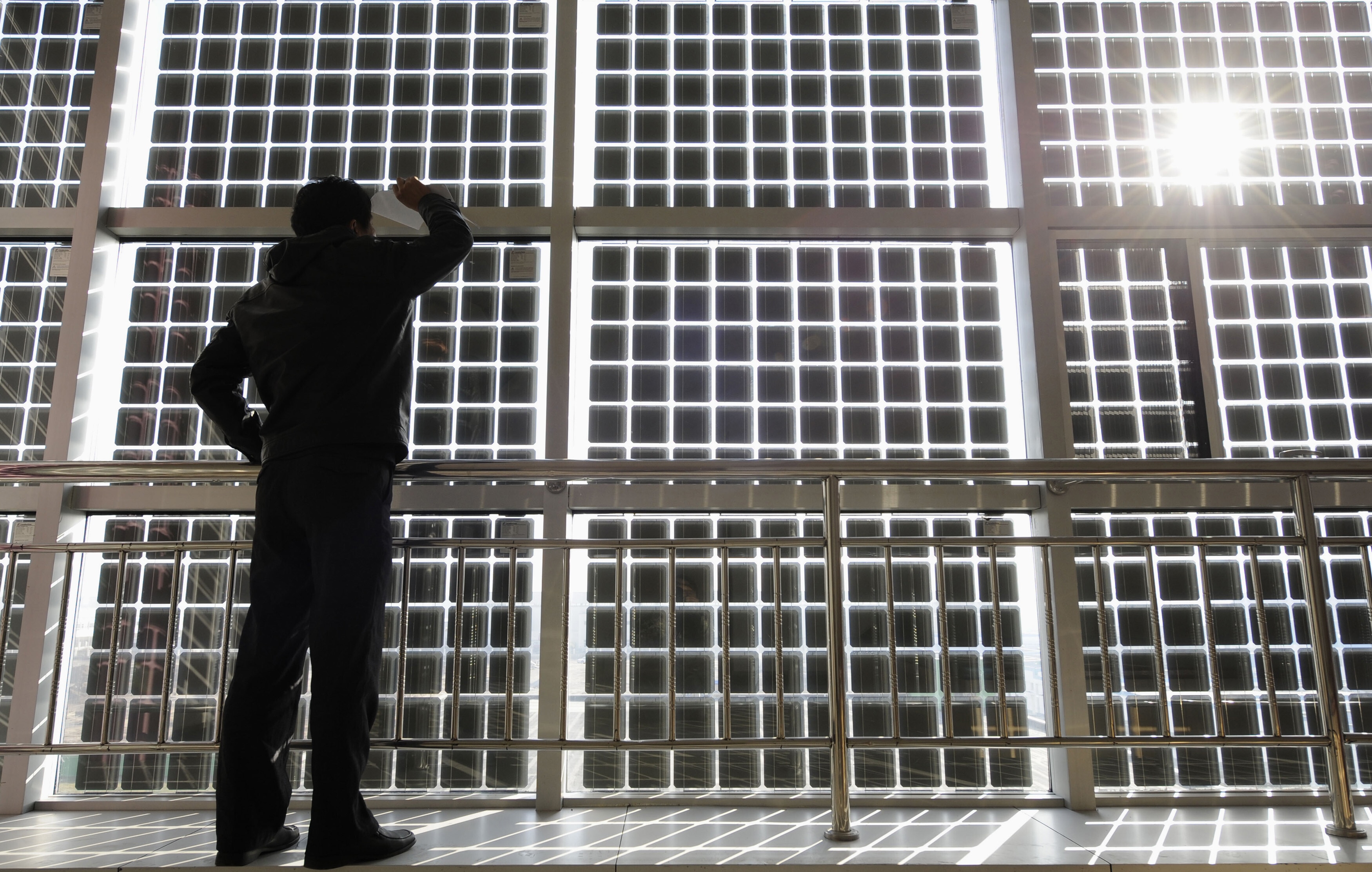Clean-energy transition sees a rebound – and more top energy stories

Top energy news: Energy transition progress sees a rebound; 5 actions to build resilient energy systems; and more. Image: Getty Images
Roberto Bocca
Head, Centre for Energy and Materials; Member of the Executive Committee, World Economic Forum- This round-up brings you the key stories from the renewable-energy sector over recent weeks.
- Top energy news: Energy transition progress sees a rebound; 5 actions to build resilient energy systems; Energy majors ramp up South-East Asia gas spend.
- For more on the World Economic Forum’s work in the energy space, visit the Centre for Energy and Materials.
1. Clean energy progress speeds up
After several years of slow momentum, the energy transition has accelerated, according to the World Economic Forum's Fostering Effective Energy Transition 2025 report.
The Energy Transition Index (ETI), which benchmarks 118 countries on their current energy system performance and the readiness of their enabling environment, shows the fastest progress since before the pandemic.
In 2025, 65% of countries improved their ETI scores and 28% advanced across all core dimensions – security, sustainability and equity.
Here are some more key findings from the report:
- Sweden, Finland, Denmark, Norway and Switzerland top the index, driven by strong policy commitment, infrastructure and clean-energy diversification.
- Emerging Europe posted the biggest gains, while emerging Asia outpaced the global average.
- Despite $2 trillion in clean-energy investment in 2024, energy security stalled and emissions hit record highs, underscoring the need for resilient grids, digital infrastructure and targeted capital flows.
Energy systems are evolving at varying speeds, and staying on track with the transition to renewables demands urgent investment in fast-growing emerging economies. Read the new report here.
2. 5 strategies for a resilient and competitive energy system
The Forum's latest Energy Transition Index report may show a global annual improvement, but it also highlights how vulnerable energy systems are to external forces, such as demand pressures, geopolitical shifts and bottlenecks in infrastructure.
It's clear that resilient and inclusive energy systems are not just a climate imperative, but will be foundational for future economic competitiveness and security.
In a recent blog, we outlined five strategies needed to create such systems:
- Adopt stable, adaptive policy frameworks that drive long-term investment and support cooperation.
- Modernize energy infrastructure, especially grids and storage.
- Invest in skilled talent to help boost innovation and execution capacity.
- Accelerate clean-tech commercialization, especially in hard-to-abate sectors.
- Enhance capital investment in developing economies.
Discover how these actions can help shape an integrated path forward here.
3. News in brief: More energy stories from around the world
Recent developments in the Middle East have heightened attention on the Strait of Hormuz, a key maritime route that carries around 20% of the world’s oil supply, prompting concerns about potential impacts on global energy flows and price stability.
Global energy companies are ramping up gas investments in South-East Asia as they seek to meet surging power demand fueled by the region’s growing AI sector. The move reflects a broader shift towards securing energy supplies for data centres and digital infrastructure.
Tightening supplies of critical minerals such as lithium and copper could threaten global energy security, International Energy Agency (IEA) chief Fatih Birol has written in the Financial Times. He urged governments and industry to accelerate innovation and investment as demand for these minerals rises with the energy transition.
Australia’s Woodside Energy has agreed to supply liquefied natural gas (LNG) to Malaysia’s Petronas for 15 years from 2028. The deal aims to meet growing demand and enhance energy security in the Asia Pacific region.
The UK’s Crown Estate will invest up to £400 million in offshore wind projects. The investment will support the construction of new infrastructure, including ports, supply chain manufacturing and research facilities.
Norway has launched a full-scale industrial carbon capture initiative – the world’s largest of its kind. The project, which will capture CO2 and inject it into the reservoirs of oil majors, is designed to help decarbonize heavy industries, such as cement. See how the hard-to-abate sectors are progressing in our Net Zero Industry Tracker report.
Nigeria is set to export the first gasoline shipment from its Dangote refinery to Asia, Reuters reports. Some analysts view this new trade route as the company's readiness to supply motor fuel globally, the news agency said.
4. More on energy from Forum Stories
The global energy transition has entered a new era encompassing sustainability, security and equity. This article, based on data from the Forum's latest Fostering Effective Energy Transition report, tells the story in four key charts.
Global targets of tripling renewable energy and doubling energy efficiency by 2030 are approaching fast, and it is critical to accelerate implementation, build political momentum and monitor progress. Discover how countries can meet these goals in this session from the Annual Meeting 2025 in Davos.
License and Republishing
World Economic Forum articles may be republished in accordance with the Creative Commons Attribution-NonCommercial-NoDerivatives 4.0 International Public License, and in accordance with our Terms of Use.
The views expressed in this article are those of the author alone and not the World Economic Forum.
Forum Stories newsletter
Bringing you weekly curated insights and analysis on the global issues that matter.
More on Energy TransitionSee all
Ryan Hardin
February 6, 2026






